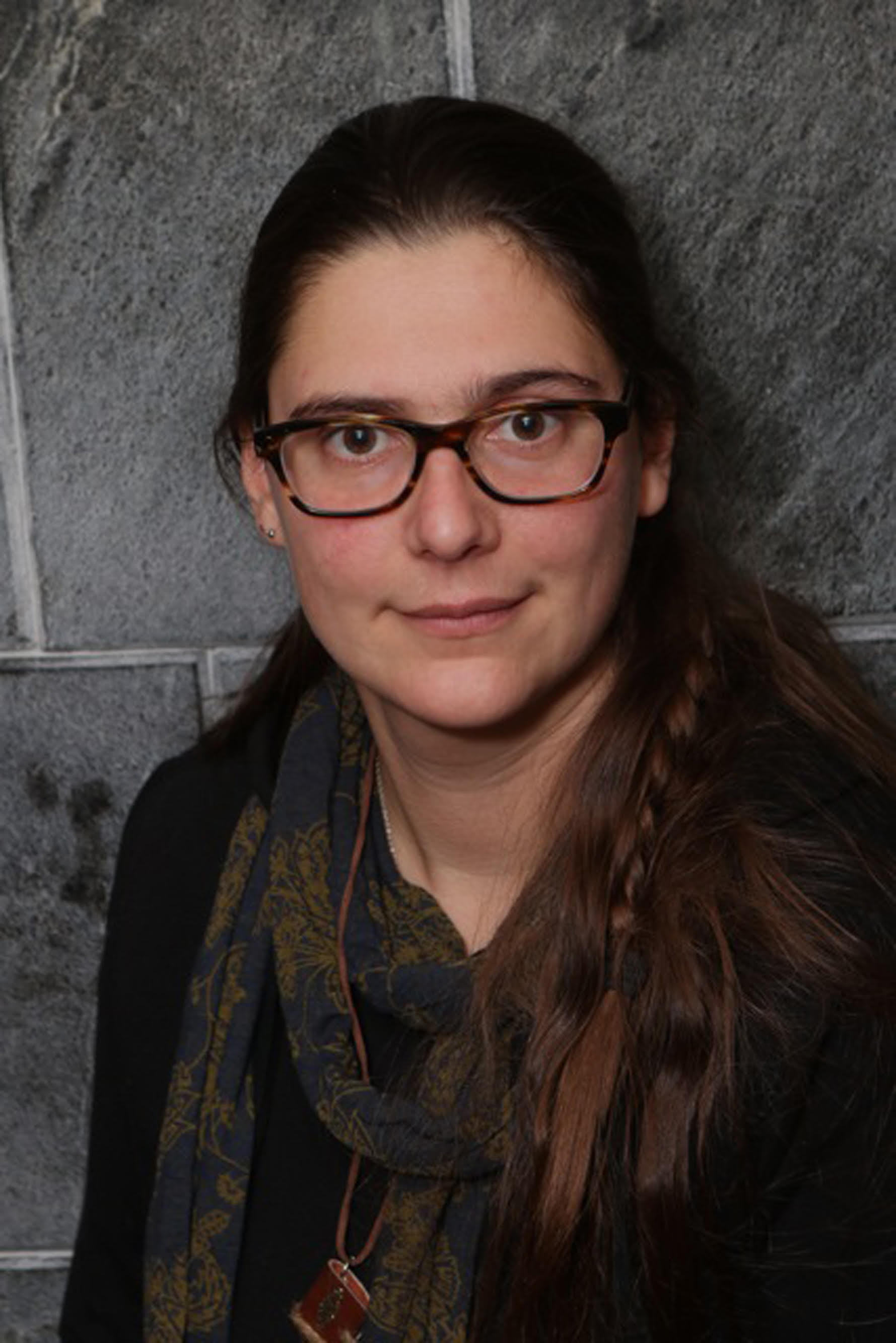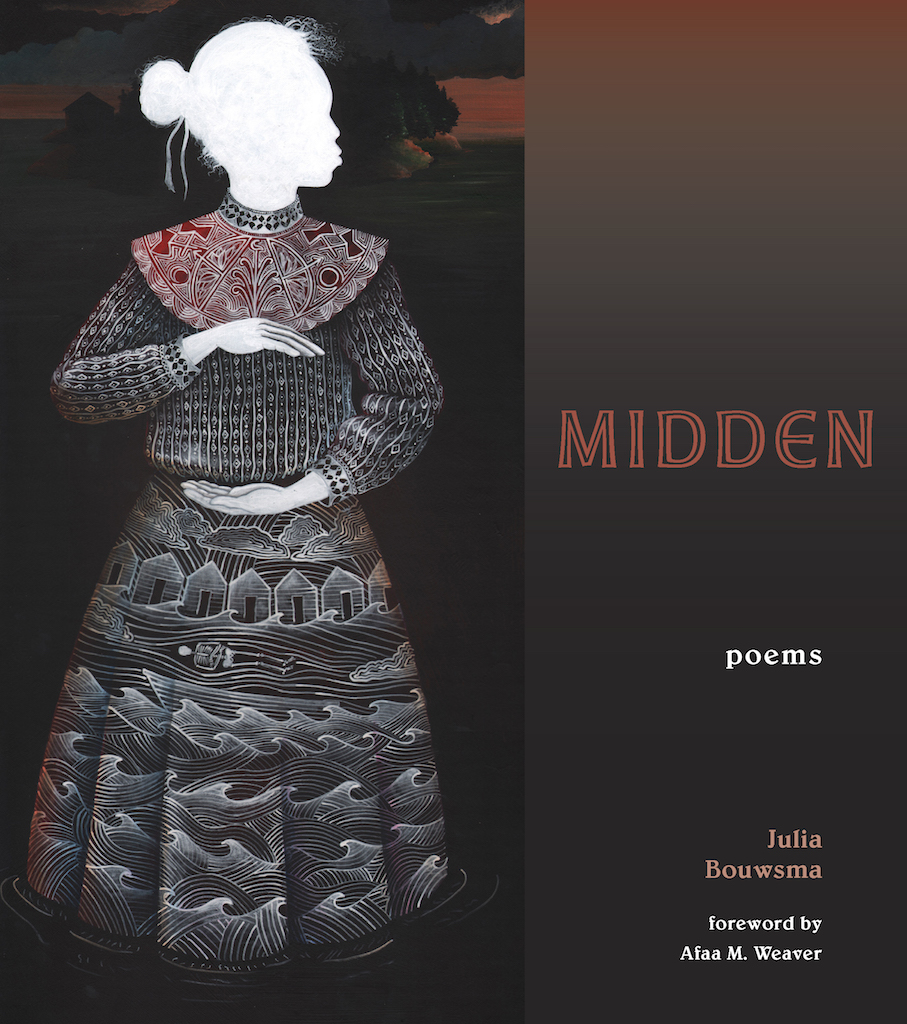Dear ghosts, how can we stop the sunlight spinning the story
from our hands? The boards were pried off one by one, but the threat of firewill linger under anyone’s tongue. Who doesn’t carry their own erasuressilently in their spines, limbs horizoned to the past? My old dog shredsherself a nest in the old quilt, and I Franken-stitch it back up, stumblethe knot. If placed in a room together, you would not recognize the onesyou have become, nor would they recognize you. Too often the poem’s fingersare clumsy with distance, grief the long thread I fail again to tie.Would it matter if I told you of my own ancestors? Bodies packedin cattle cars, bodies prodded into dividing lines, the gloved hands that chooseanother’s fate. Goose-flesh skin surrendered to the clutch of shower tiles,the final dark release of their bodies coiled into air. All I know is this:even before I was born I breathed a loss not my own.
Sucker Fish
Lizzie MarksMy baby was a sucker fish right from the start: a fat slap and slurp, a thrashin the net of my belly (and how thin, how patched the net) that summerI stumbled so full of him each morning down to the shore, nausea a thundercloudabout to split as I heaved into the ocean, jacksmelts gathering to bite my toes,puked last night’s potato scraps into the sea drooling, lifted my skirtsnot caring who could see and thought to myself, Lizzie you’ve got yourself a sucker fishinside of you—he’ll eat you whole if it’s the only way out. Thick foot hard in the gut,and I thought, He’s a fighter sure as dawn. And how happy I was then, knowingmy baby would fight, even with a hook in his gape-hungry jaws. Yes, and he cameout like that too, flopping and red, latched straight on with his fleshy lips—till that day they drove us from our house, loaded us into the boats, the carriage,steered us into the bleach cold hall said, Women go left men go right. Then I knew the linewas about to snap. A pair of white hands plucked him off my breast. I sagged downtorn, unfurled, gill-slit. And my sweet William he just puckered his mouth.





